Biden administration upholds policy of refusing Hong Kong special treatment
US Secretary of State Antony Blinken says Hong Kong should not be given preferential treatment by the United States over claims that China has undermined the autonomy of the city.
In a notice sent to the US Congress on Wednesday, Blinken said China continued to “dismantle” Hong Kong’s autonomy and, as a result, the city was no longer autonomous and remained undeserving of special treatment by the United States.
Blinken stressed that the former British colony would not warrant the trade and financial perks it had received under the Hong Kong Policy Act, a law that allowed Washington to maintain a special relationship with the city similar to the one it enjoyed before the United Kingdom returned it to China in 1997.
“Over the past year, the People’s Republic of China (PRC) has continued to dismantle Hong Kong’s high degree of autonomy, in violation of its obligations under the Sino-British Joint Declaration and Hong Kong’s Basic Law,” the US secretary of state claimed.
“In particular, the PRC government’s adoption and the Hong Kong government’s implementation of the National Security Law have severely undermined the rights and freedoms of people in Hong Kong,” he said.
Blinken labeled the alleged arrest of rioters and anti-Beijing demonstrators in Hong Kong as unjust and called for their immediate release, also urging China to abide by international obligations and commitments.
The former US President Donald Trump administration decertified Hong Kong’s special status last year and soon began stripping the city of some of its privileges, including an extradition treaty and tax exemptions.
Beijing has censured foreign interference in the internal affairs of Hong Kong, China’s global financial hub city, stressing that the “one country, two systems” model remains in place for the city.
In June 2019, unprecedented anti-government protests began in Hong Kong over a proposed extradition bill. The bill was shelved later on, but the protests continued into the next several months and became more violent, endangering the lives and property of citizens.
The protesters demanded Hong Kong’s full secession. Beijing said the United States and Britain fanned the flames of the unrest in the semi-autonomous hub by supporting the separatist protesters.
In May last year, Hong Kong’s legislature debated and passed a Beijing-proposed bill criminalizing sedition, secession, and subversion against the mainland. The law drew harsh criticism from some Western governments, particularly the US and the UK, which claimed that the law threatened the semi-autonomous stance of the city.
Beijing, however, insisted that the new law did not pose a threat to Hong Kong’s autonomy and the interests of foreign investors, and that it was merely meant to prevent terrorism and foreign interference there, which were evident in the violent riots of 2019.
In response to the imposition of the new security law, Trump signed an executive order last year to end the preferential economic treatment of the semi-autonomous city.
That marked a new low in the relations between the US and China, which have worsened in recent years over a range of issues, including trade, the South China Sea, arms sales to Taiwan, and the coronavirus pandemic.
Participation shrinks at Israeli arms expo in wake of Gaza genocide: Report
Venezuela calls on UN to pressure US for Maduro’s immediate release
Hamas: Israel seeks to break Palestinian abductees’ will through abuse
Former UK ambassador released on bail after arrest in Epstein-linked probe
Hamas condemns Israel’s arson attack on mosque in West Bank, calls for mobilization
Trump's top general warns of Iran aggression risks: reports
VIDEO | US ambassador’s remarks on Israel’s expansion spark outrage
VIDEO | ‘Protect the Right to Protest’ rally held outside London court


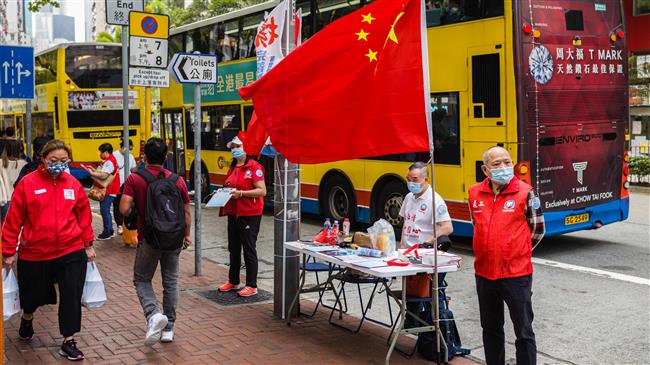



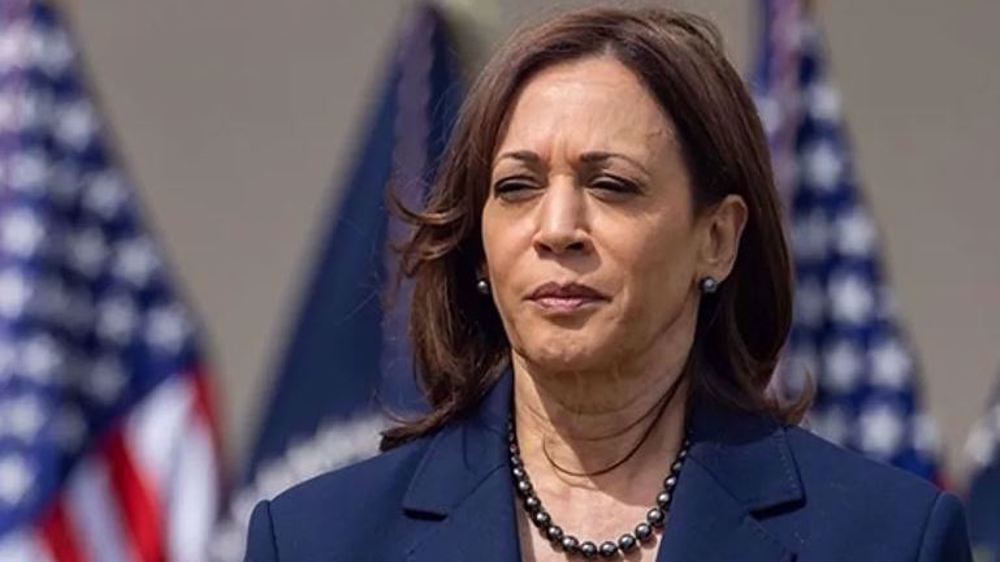
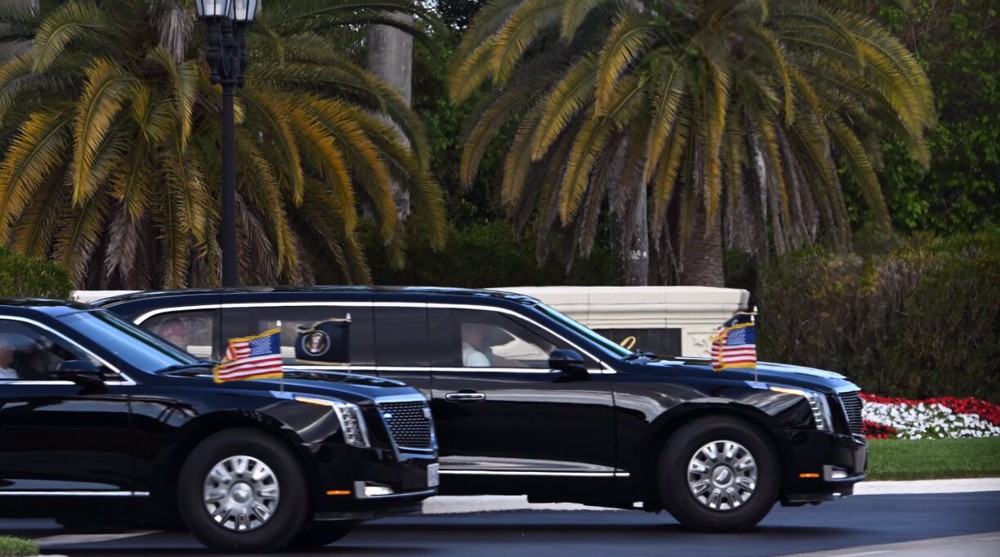



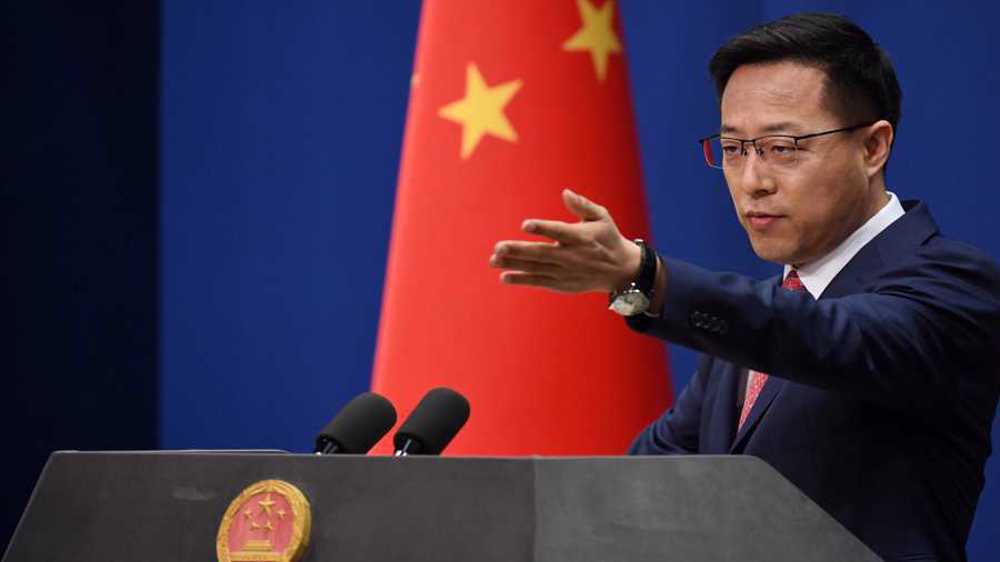
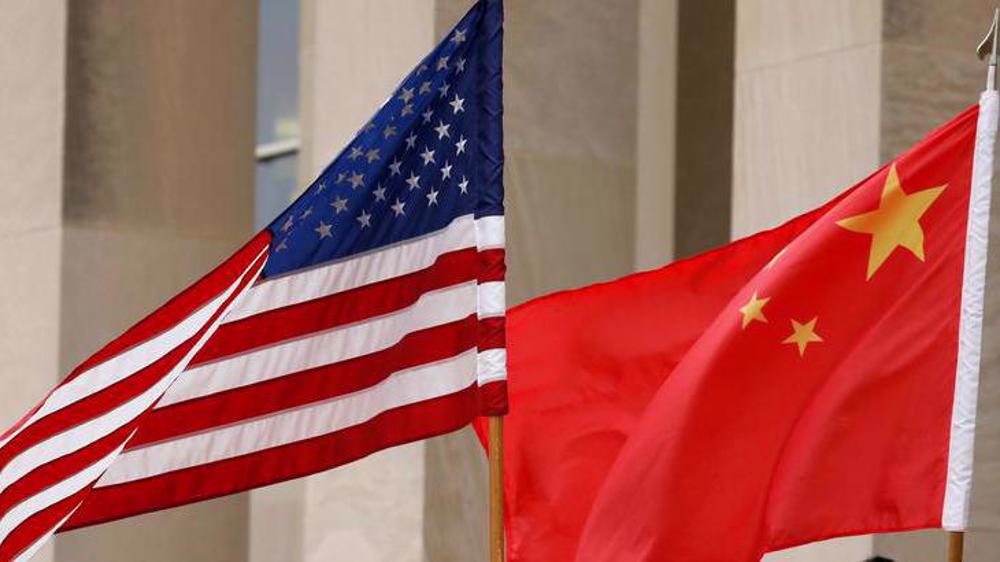
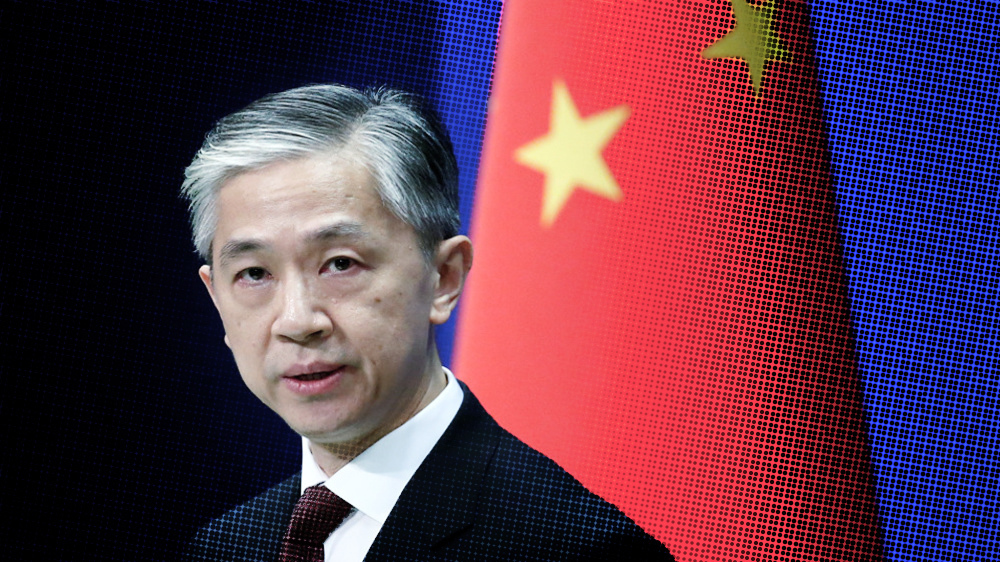

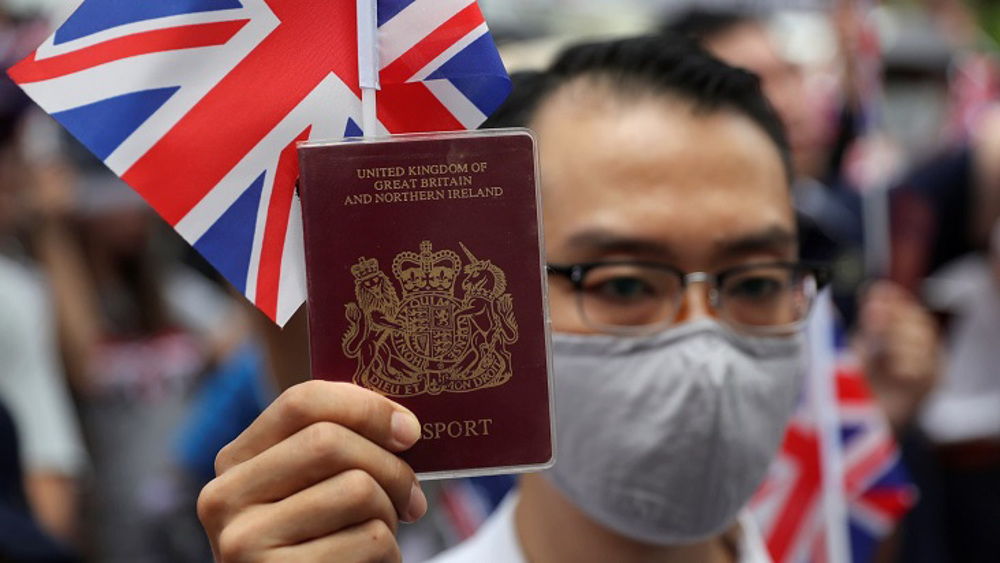


 This makes it easy to access the Press TV website
This makes it easy to access the Press TV website